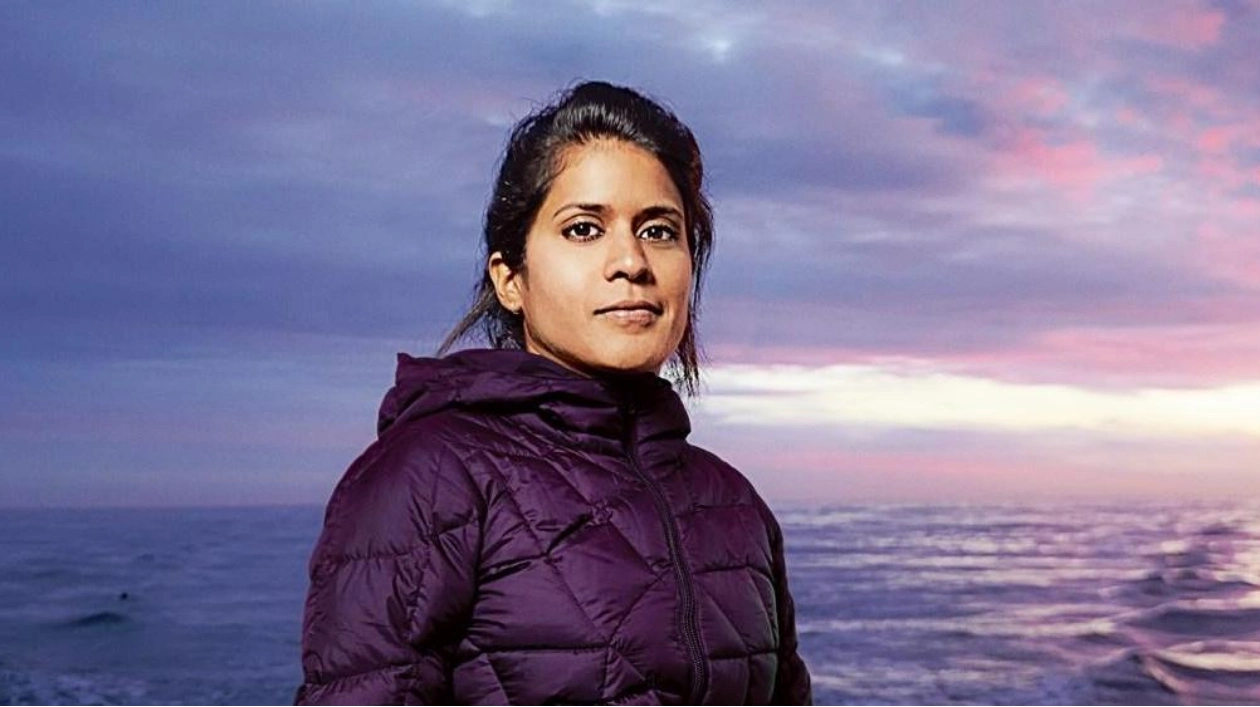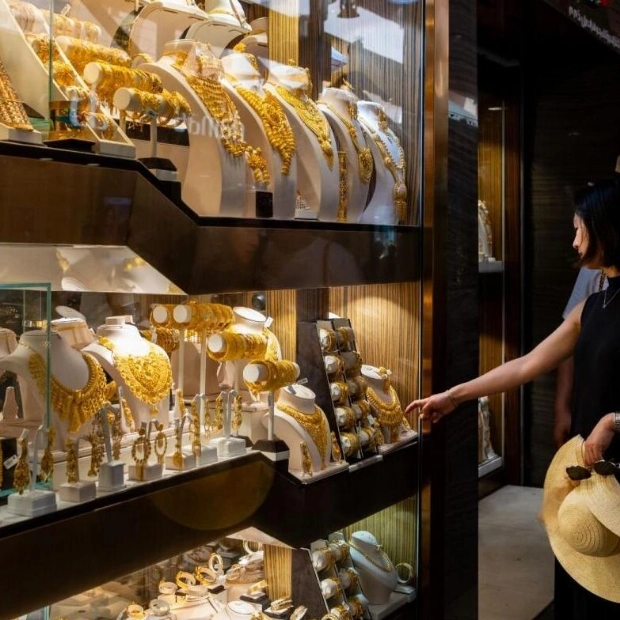Whale droppings reshaped Asha de Vos's career trajectory. In 2003, while aboard a research vessel near her native Sri Lanka, the marine biologist encountered six blue whales congregating, leaving behind a vivid red plume of waste on the water's surface. De Vos, then a master's student, was exhilarated by this sight, which contradicted the established belief that blue whales undertake long-distance migrations. Her observations suggested that these whales might be feeding locally in tropical waters.
Driven by curiosity, de Vos dedicated several years to documenting the unique characteristics of blue whales near Sri Lanka. Unlike their counterparts elsewhere, these whales feed on shrimp instead of krill and produce distinctive songs. Notably, they remain in the waters between Sri Lanka, Oman, and the Maldives year-round, making them the only nonmigratory blue whales known. This population benefits from nutrient-rich upwellings that sustain their food supply.
The International Whaling Commission eventually recognized Sri Lanka's blue whales as a distinct subspecies, Balaenoptera musculus indica. This classification is vital for conservation efforts, as small, localized populations are more vulnerable to environmental and human threats, such as deep-sea mining. Phillip Clapham, a retired whale biologist, emphasizes the importance of this distinction for effective conservation strategies.
Over two decades later, de Vos stands as one of Sri Lanka's most celebrated scientists, renowned for fostering the country's emerging marine biology field. She is also a fervent advocate for diversity in ocean conservation research. Despite numerous accolades, including being named a National Geographic Explorer and a TED Senior Fellow, de Vos remains focused on making a tangible impact. She aims to shift the negative perceptions many Sri Lankans have about the ocean, encouraging them to appreciate its life-sustaining qualities.
De Vos's journey into marine biology was unconventional. Growing up in Colombo, she was initially fearful of the ocean, a sentiment shared by many Sri Lankans. However, her mother's foresight led her to swimming lessons, and her fascination with National Geographic magazines fueled her passion for marine life. By 17, she had set her sights on marine biology, despite the lack of local opportunities. Her determination led her to study at the University of St. Andrews in Scotland, followed by further studies in Australia and the United States.
Throughout her career, de Vos faced skepticism both at home and abroad. Critics doubted the relevance of marine biology in Sri Lanka and questioned her capabilities as a researcher from a developing country. Despite these challenges, she persevered, driven by a desire to prove her detractors wrong. Her resilience and hard work have shaped her into the influential scientist she is today.
Currently, de Vos leads the Sri Lankan Blue Whale Project, which boasts the longest dataset on blue whales in the region. While much remains unknown about these creatures, her team is dedicated to uncovering their mysteries, including understanding the factors behind fluctuations in their population. De Vos also works to protect blue whales from ship strikes, a significant threat given Sri Lanka's position along a major shipping route.
Beyond research, de Vos is committed to fostering a love for the ocean among Sri Lankans. She founded Oceanswell, Sri Lanka's first marine conservation research and education organization, and actively engages in outreach activities. Her ultimate goal is to create a generation of 'ocean heroes' who will advocate for the protection of marine ecosystems.
Source link: https://www.sciencenews.org






